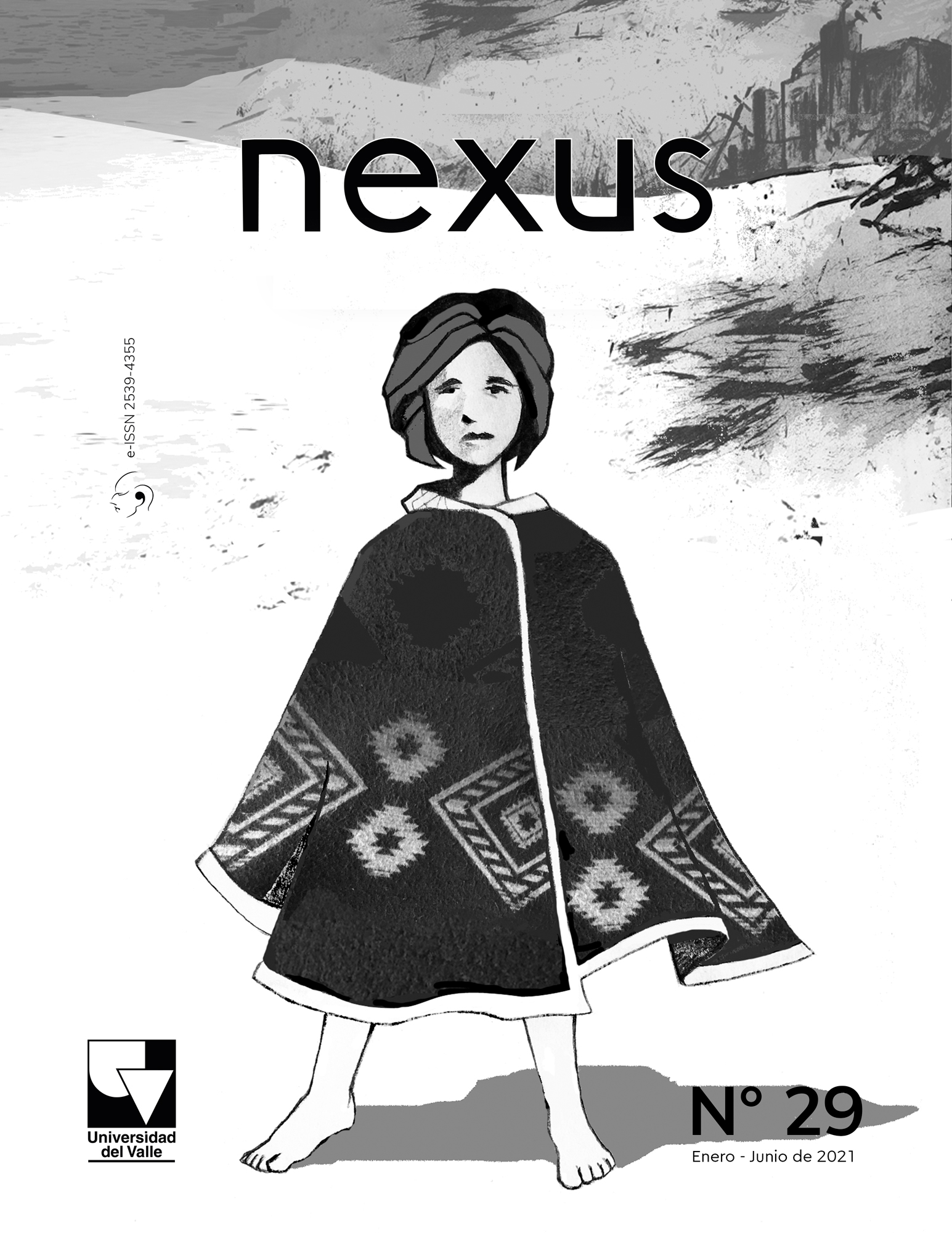Women cinema as co-creator of new ways of being a woman, being a man, being the human species
Main Article Content
From an emancipatory feminist perspective, this article aims to analyze the way which directors
Margareth Von Trotta, Deepa Mehta, and Sofia Coppola approach the emotions, corporeality, and ways to react of the protagonists in their films. The directors explore affective, corporal, and political
ground in moments of tension: when the community of women at a boarding school is threatened by a sexual predator by postwar period in the war-convulsed south, in The Beguiled (Coppola, 2017);
through the tense political-filial relationship in the German Sisters -Die bleierne Zeit- (Von Trotta,
1981); or under cultural orders of Indian culture that does not consider women as legal subjects in Deepa Mehta's films Fire (1996), Earth (1998), Water (2005) and Heaven on earth (2008). From diverse cultural perspectives, the three directors have impacted contemporary feminisms without falling into the trivialities of egalitarianism or stereotypes, in contrast to some commercial films that respond with frivolity to the growing demand for feminist filmmaking.
- Emancipatory
- Feminism
- Corporalization
- Heteropatriarchy
- Gender
Downloads

This work is licensed under a Creative Commons Attribution-NonCommercial-ShareAlike 4.0 International License.
Nexus agrees with the Creative Commons BY NC 4.0 licence.





